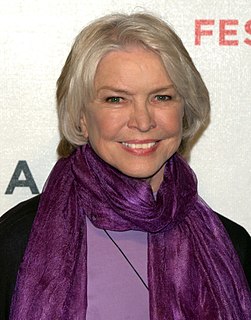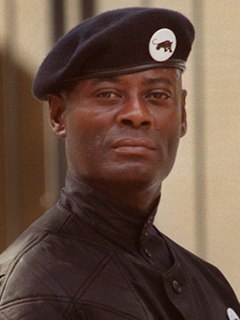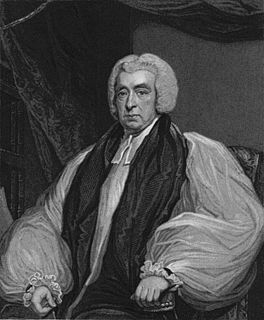A Quote by Philip Zimbardo
Before I knew that a man could kill a man, because it happens all the time. Now I know that even the person with whom you've shared food, or whom you've slept, even he can kill you with no trouble. The closest neighbor can kill you with his teeth: that is what I have Learned since the genocide, and my eyes no longer gaze the same on the face of the world.
Related Quotes
One of man's important mistakes, one which must be remembered, is his illusion in regard to his I. Man such as we know him, the 'man-machine,' the man who cannot 'do,' and with whom and through whom everything 'happens,' cannot have a permanent and single I. His I changes as quickly as his thoughts, feelings and moods, and he makes a profound mistake in considering himself always one and the same person; in reality he is always a different person, not the one he was a moment ago.
A guy's calling to say he's failing algebra II. Just as a point of practice, I say, Kill yourself. A woman calls and says her kids won't behave. Without missing a beat, I tell her, Kill yourself. A man calls to say his car won't start. Kill yourself. A woman calls to ask what time the late movie starts. Kill yourself. She asks, "Isn't this 555-1327? Is this the Moorehouse CinePlex? I say, Kill yourself. Kill yourself. Kill yourself.
I just don't have the desire no more, I don't have the stomach to do it no more. I don't even kill insects in my house. I just don't kill anything no more. I used to kill pigeons, rip their heads off, 'You dirty rat pigeon!' I don't even have the heart to kill an animal no more. I just changed my whole life in general. That probably could have changed the way I fight.
Obama is making a choice now that will lead to the deaths of many thousands of civilians in Afghanistan by American hands. By ordinary standards of presidents, he is a decent man. But those standards aren't good enough. He's in a position either to kill or not to kill, and he's made the decision to kill.
you can't kill love. you can't even kill it with hate. you can kill in-love, and loving, and even loveliness. you can kill them all, or numb them into dense, leaden regret, but you can't kill love itself. love is the passionate search for a truth other than your own; and once you feel it, honestly and completely, love is forever. every act of love, every moment of the heart reaching out, is a part of the universal good: it's a part of God, or what we call God, and it can never die.
All the delights of sense, or heart, or intellect, with which you could once have tempted him, even the delights of virtue itself, now seem to him in comparison but as the half nauseous attractions of a raddled harlot would seem to a man who hears that his true beloved whom he has loved all his life and whom he had believed to be dead is alive and even now at his door.
So he was deserted. The whole world was clamouring: Kill yourself, kill yourself, for our sakes. But why should he kill himself for their sakes? Food was pleasant; the sun hot; and this killing oneself, how does one set about it, with a table knife, uglily, with floods of blood, - by sucking a gaspipe? He was too weak; he could scarcely raise his hand. Besides, now that he was quite alone, condemned, deserted, as those who are about to die are alone, there was a luxury in it, an isolation full of sublimity; a freedom which the attached can never know.






































